Column
-
 Health & Medicine
Health & MedicineBuilding a better skin barrier
Skin is a barrier meant to keep small invaders out. Products making their way across it should boost that mission.
By Anna Gibbs -
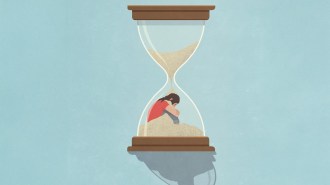 Science & Society
Science & SocietyWhy do we feel starved for time? New research offers answers
Interruptions, to-do lists, lack of autonomy — “time poverty” depends more on perceived shortages of time than actual ones, recent research suggests.
By Sujata Gupta -

Big questions on how food affects our health
Editor in Chief Nancy Shute explores the science behind major questions on food and health — from the addictive potential of ultraprocessed foods to the high-protein diet craze to the drawbacks of keto.
By Nancy Shute -
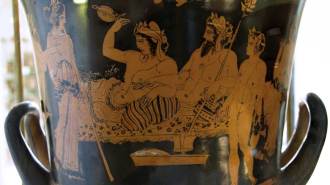 Science & Society
Science & SocietyOur relationship with alcohol is fraught. Ancient customs might inspire a reset
As evidence of alcohol's harms mounts, some people are testing out sobriety. Look to ancient civilizations' ways for a reset, scholars suggest.
By Sujata Gupta -
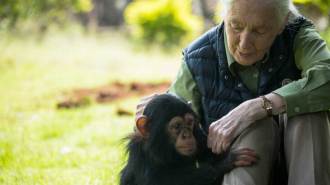 Anthropology
AnthropologyWhat Jane Goodall taught me about bones, loss and not wasting anything
A personal reflection recalls Jane Goodall’s quiet pragmatism, her deep bond with Gombe’s chimps and the scientific legacy of her skeletal collection.
By Bruce Bower -
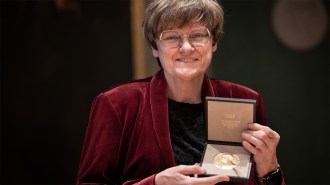 Science & Society
Science & SocietyNobel Prizes honor great discoveries — but leave much of science unseen
The Nobel Prize might be the most famous science prize but it celebrates just a narrow slice of science and very few scientists.
-

When cancer targets the young
Editor in Chief Nancy Shute discusses the troubling rise of cancer among younger adults, and shares a glimmer of hope for those diagnosed in early childhood.
By Nancy Shute -
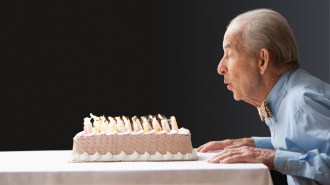 Health & Medicine
Health & MedicineBrains don’t all act their age
A slew of new research attempts to zero in on what happens as our brains get older — and what can bring about those changes early.
-

Seeing the world in new ways
Editor in Chief Nancy Shute examines the exciting potential of the new Vera C. Rubin Observatory and muses on the mesmerizing world of fractals.
By Nancy Shute -
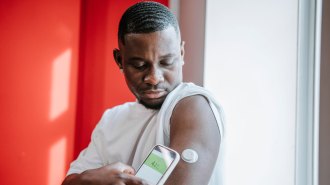 Health & Medicine
Health & MedicineMeasure blood sugar with a grain of salt
Continuous glucose monitors are now readily available. With guidance, they can help people make small dietary and lifestyle changes for better health.
By Sujata Gupta -

A summer of escalating existential threats
Editor in Chief Nancy Shute reflects on the renewed specter of nuclear conflict to record-breaking heat driven by human-caused climate change.
By Nancy Shute -
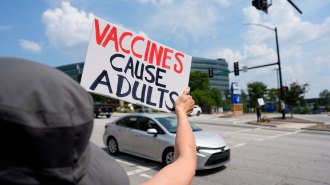 Health & Medicine
Health & MedicineVaccine policy in the U.S. is entering uncharted territory
A key advisory group vows to base decisions on evidence, boost confidence in vaccines and protect health. Experts fear the opposite is happening.